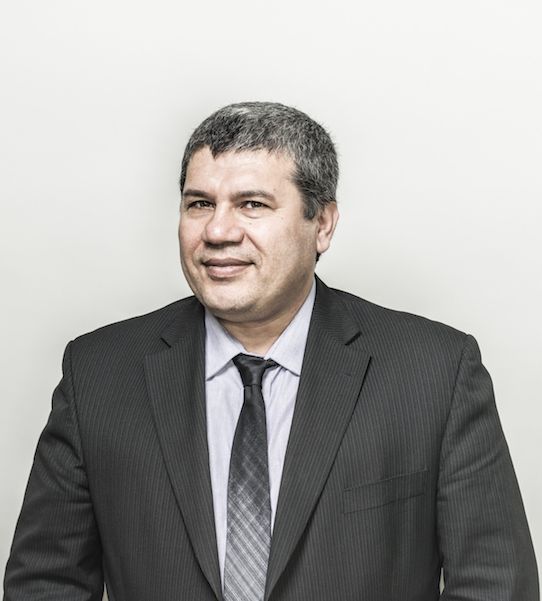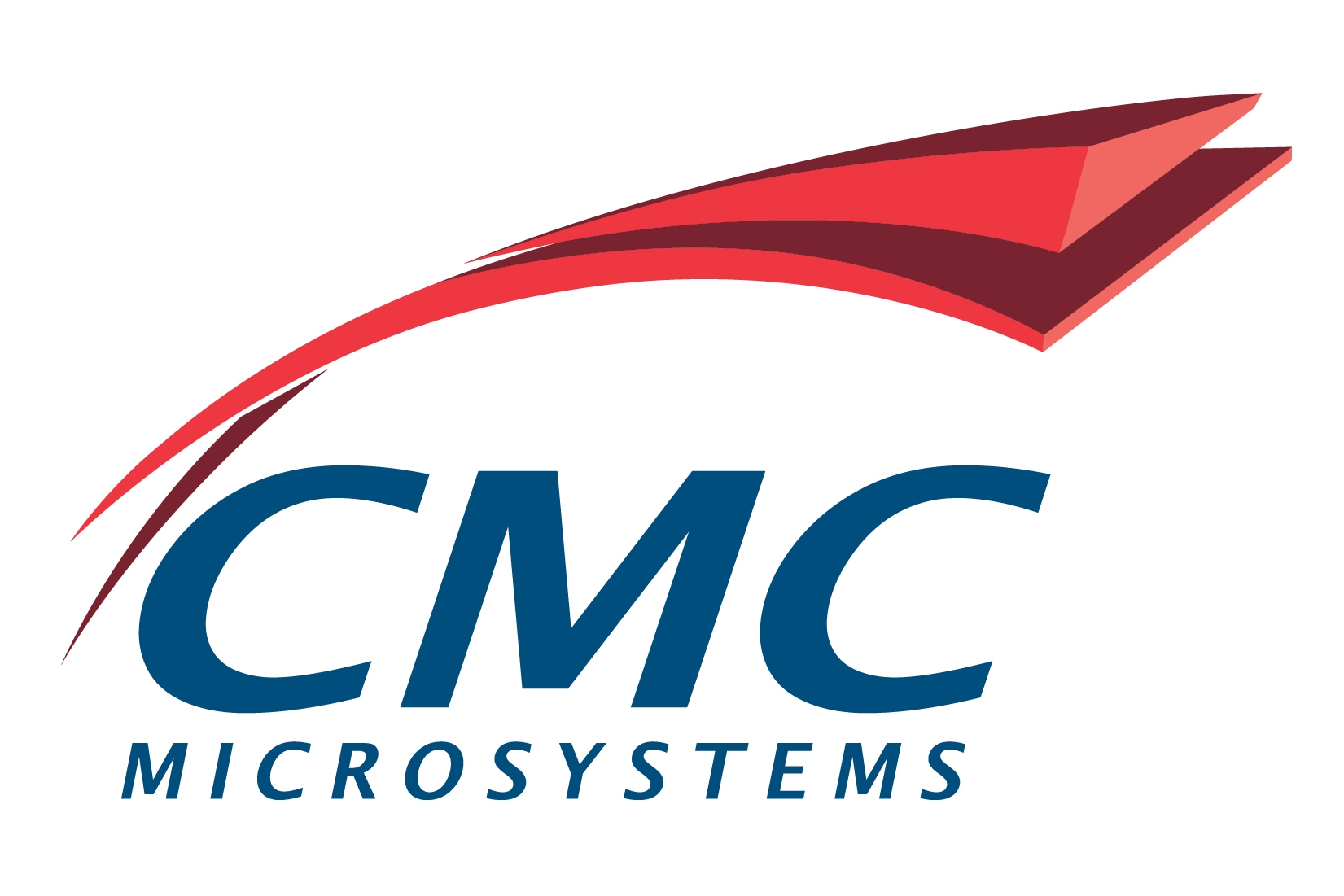This training course covers details on the process design kit (PDK) of Electronic Sensor Platform (ESP) along with an introduction to L-Edit, MEMSPro.
The Electronic Sensor Platform consists of open-gate silicon junction field-effect transistors (Si JFET) to enable on-chip integration of functional soft materials with microelectronics. The transistors are fabricated without the top gate electrode, such that a transducing soft material can be applied in the place of the gate during post-processing. Different materials like graphene, biomolecules, or quantum dots can be used as the transducing material. This platform has applications in optical detection, for pH and insulin sensing, biomarker detection, as an ambient gas/radiation sensor etc.
CMC has developed a process design kit for the electronic sensor platform. The kit consists of a user guide, L-edit layout template, reference designs and simulation files in Synopsys Sentaurus and COMSOL. There will be a detailed discussion on the different components of the PDK and how to use it to develop your layout. We will also cover topics on best practices to follow to develop your layout to make it foundry ready and take into aspects of integration and packaging.
L- Edit includes a fully hierarchical and full custom editor engineered for MEMS and IC design. L-Edit is a layout tool that represents the masks that are used to fabricate an integrated circuit. In L-Edit, layers are associated with masks used in the fabrication process. Different layers can be conveniently represented by different colours and patterns. L-Edit describes a layout design in terms of files, cells, instances, and mask primitives. Popular output formats are supported so mask designs are “foundry ready”. Learn more about L-Edit.
MEMS Pro is a flexible, powerful, easy-to-use CAD tool suite for the design and analysis of micro-electro-mechanical systems (MEMS). It offers an integrated solution for the design process that shortens development time while providing designers reliable analysis for manufacture. Functionalities include mixed MEMS/IC schematic capture and simulation, full custom mask layout capability and verification, 3D model generation and visualization, behavioural model creation and links to 3D analysis packages.
Schedule
| Date | Time | Location | Content |
|---|---|---|---|
| November 20 and 21, 2023 |
| Online |
Pricing and Registration
| Attendee Group | Price | Registration |
|---|---|---|
| Subscriber | $200 | Closed. |
| General | $500 |
Instructor
| Photo | Title | Biography |
 | Prof. Ebrahim | Ebrahim Ghafar-Zadeh received his B.Sc., M.Sc. and Ph.D. degrees all in electrical engineering from KNT University of Technology, University of Tehran, and Polytechnique of Montreal (Montreal, Canada) respectively. Then, he continued his research as a postdoc fellow in the departments of electrical engineering, at McGill University, and bioengineering at the University of California at Berkeley. In 2013, he joined as an Assistant Professor with the Department of Electrical Engineering and Computer Science (EECS), Lassonde School of Engineering, York University, where he is currently an Associate Professor, a member of Graduate Programs of Departments of EECS and Biology, and the Director of the Biologically Inspired Sensors and Actuators (BioSA) Research Laboratory. His research is aimed at exploring novel integrated sensors and actuators for life science applications. Since 2013, the research of Prof. Ghafar-Zadeh has been supported by various funding agencies including NSERC, CIHR, SSHRC and he has published more than 1500 journals and conference papers and trained more than 40 highly qualified personnel (HQP) in the fields of electrical engineering and biology. He is a Licensed Professional Engineer in Ontario and senior Member of IEEE. |
 | Dr. Mary Ann Maher | Dr. Mary Ann Maher received her Ph.D. from Caltech in 1989 in the area of semiconductor device modelling developing a new charge-based transistor model. At Caltech, she conducted research in the area of neuromorphic systems, analog circuits and transistor modelling. She pursued post-doctoral studies at the CSEM in Neuchatel, Switzerland, where she studied analog memories and designed low-power analog ICs with on-chip sensors for artificial vision applications. At Tanner Research she began the simulation and modelling group and launched Tanner’s T-Spice analog circuit simulator product. She then became the Software Architect responsible for specifications for layout, routing, simulation, analysis, schematic and viewing design tools. As Director of Advanced Products, she brought to market Tanner’s MEMS Pro microsystem and MCM Pro multi-chip module and packaging design tool suites. Moving to MEMSCAP, she became the company’s CTO and later the General Manager and Executive Vice President of the Design Automation Business Unit. In 2004, she started SoftMEMS, LLC, the maker of the popular microsystems design tools – MEMS Pro and MEMS Xplorer, where she serves as CEO. |
Contact
If you have any comments or questions regarding the course content or registration, please contact cad@cmc.ca.
Cancellations
Course cancellations must be received in writing at least one (1) week before the beginning date of the course in question to receive a full refund of the registration fee. A cancellation made after the deadline will not receive a refund.
